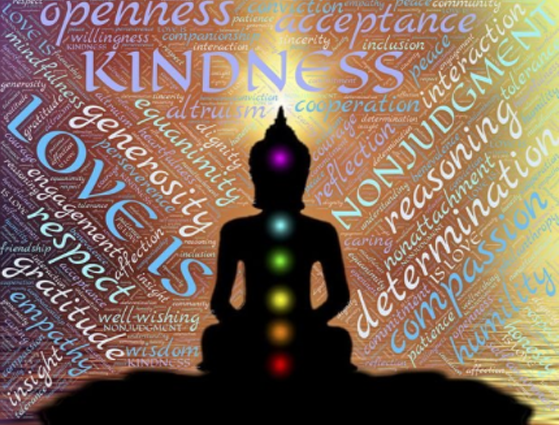|
|
Before anyone can choose to act differently, they must accept the world on its terms and then consider the options. Acceptance is an acknowledgement of what is. That doesn’t mean being passively resigned to feeling hopeless. Acceptance is a very positive step toward taking charge of one’s life and responsibilities.
Alternative = Conflict
The alternative to acceptance then is a constant conflict with reality, and is usually a losing battle amid a life of depression and anxiety. Acceptance does not mean that you approve of the facts. It is merely acknowledging that those facts exist. Liking them or not is something entirely separate.
Values
Acceptance is a key element of values-based behavior – a form of therapy used to overcome depression. Values-based behavior or action can be described simply by asking yourself one key question: Assuming that your life on Earth is finite, “how do you choose to spend it?”
Your values will invariably reflect what you want your life to be about. They are not needs or preferences, such as democrat or republican, what kind of car you drive, or which pizza topping you like. Rather, your values are abstract principles. The values you choose or wish to live by. The arrow on your own compass pointing in the direction you want to travel.
Getting Un-Stuck
Identifying your values and your specific intentions can get you mobilized. It can get a life moving forward even when it’s stuck in depression, withdrawal or substance abuse. It can motivate you to take action, to take on activities that you may have been avoiding.
Depression is often associated with isolation, withdrawal and disconnecting from relationships. Acceptance and values-based action can be very helpful in reversing the status quo factor of depression. The theory is that is difficult to stop a thought, behavior or a bad habit without replacing it with new ones. If you get interested in your new life you won’t have the time or energy to worry about your old problems.
The Architecture of Action
To begin the process of values-based action, list all the different aspects of your life that are important to you, and what you consider most important in each area. For example, some areas of your life will be more important than others – but include them anyway. One important area might be relationships. You might want to separate this general area into more specific lists like relationships with family members, spouse or girl/boyfriend. Another is relationships with friends, co-workers and associates. Another area might be education/career. Others might include your spirituality, your lesiure and recreational activities, personal finances, and community involvemvent.
List the key values in each area, and which aspects of your life are most important, or that you wish to improve the most or least by giving each section a rating of one to ten.
Write a Plan
Now that you’ve begun clarifying your values, you can do a little comparison of how you are currently living your life within your key values. Consider what your values are and whether you are satisfied with how you are currently living, and what you need to do to bring your life into alignment with your values. Take the time to write an action plan. It should be concrete and achievable, not wishful thinking. Concentrate on what is most important and work your way down the list.
Execute the Plan
Now that you’ve embraced the concept of acceptance and are committed to making changes to your life based on your action plan, you must also be willing to mindfully notice and accept that there may be difficulties or delays. Stay focused on your intentions and the arrow on your compass and you will follow through.
This report is not a diagnosis. We hope this information can guide you toward improving your life.
Review our Knowledge Base or the links displayed on this page for similar and related topics.

